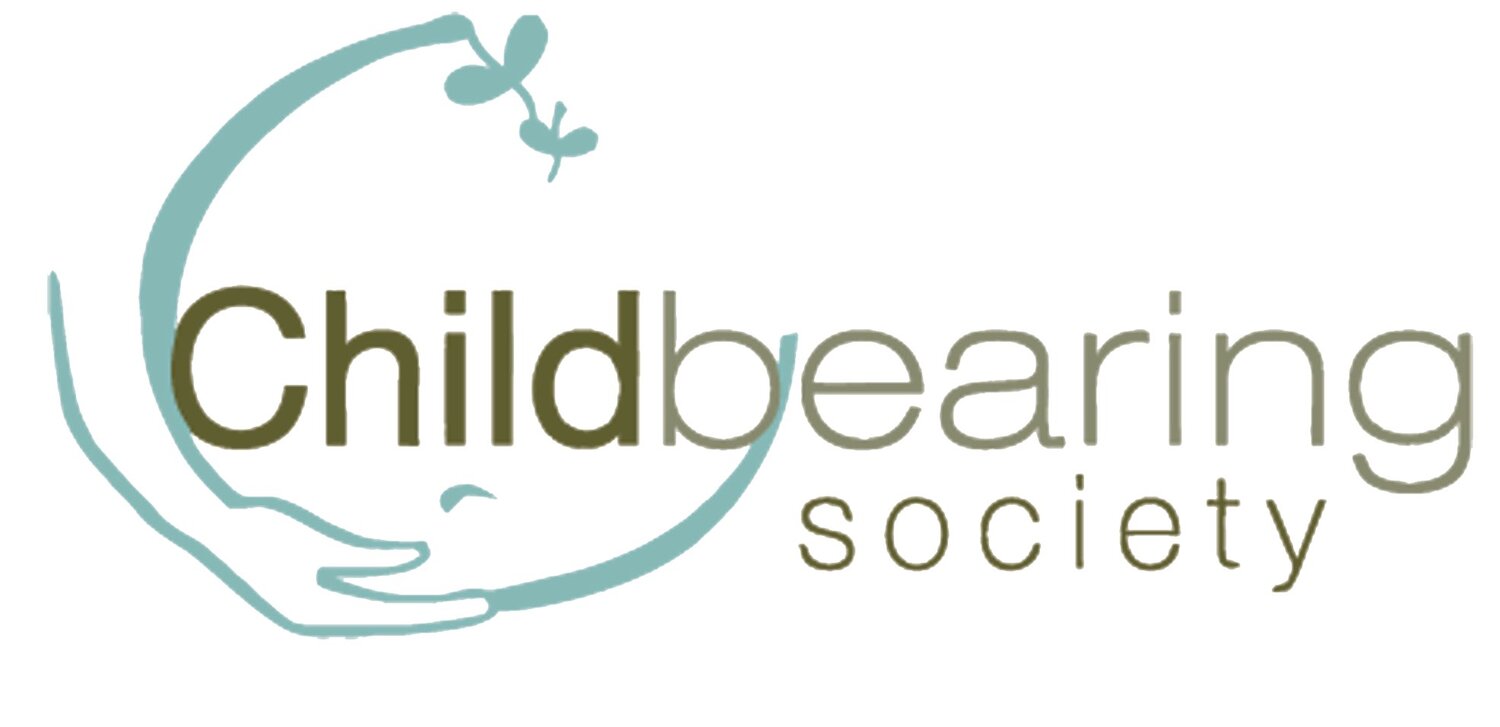Keeping Your New Baby Close is Part of a Healthy Birth
When preparing for the birth of a new baby, many mothers-to-be focus very intensely on what it will be like to labour and give birth. It is important to learn pain management techniques, what happens when an epidural is administered, specific breathing techniques, labour and pushing positions, but there’s often a big hazy unknown when it comes to the moments immediately after the baby is born. Those first moments then extend into the postpartum period and beyond.
It can feel difficult to plan for the moments immediately following the birth since they will be different depending on whether or not any interventions or medical assistance is required. However, thinking through what you’d like to see happen in several different situations and planning for mom and baby staying together as much as possible is a good way to prepare for the uncertainty of birth and increase your chances of a positive bonding experience.
Why should you keep your baby with you after birth?
There are several important reasons to keep your baby close immediately after birth, all of which work together to keep baby and mom safe, healthy and bonded with one another. Placing baby on mom’s belly or chest for skin-to-skin contact helps regulate baby’s temperature and breathing. If mom is unable to hold baby skin-to-skin immediately after birth, this can be an opportunity for dad or partner to take off his or her shirt and get involved in the bonding process.
Hormones from delivery also prime mom and baby to bond with each other, beginning the foundation of emotional attachment. These hormones are at their peak immediately following the birth and for an hour or so afterwards, which usually coincides with the newborn’s window of quiet alertness. During this time a newborn will look around with wide eyes, searching for faces. This is when the magic of bonding happens, and it’s important for mom or dad to be holding the baby during this time.
Unless there is a life and death emergency, there is no need for medical staff to take a baby away from mom after the birth. A newborn does not need to be immediately weighed, measured, bathed, dressed, immunized or have eye drops administered, at least not within the first hour or so. All these things can wait while mom and baby recover from the birth and get to know each other.
Bonding is powerful
When I was pregnant with my first child I learned about natural birth and decided to have my baby at home in order to have the best chance at having a natural birth. I read about the importance of early bonding during the window of quiet alertness after birth and the natural rush of oxytocin, and I knew I wanted to start breastfeeding straight away. Even with all that knowledge under my belt, I was still surprised when I looked up from where I was lying on the bed, resting after giving birth to my new baby to discover that my husband, midwife and her assistant were all in the kitchen having tea together. I had been lying there, busy gazing at and falling in love with my new baby and I hadn’t even noticed them leave. I don’t even know how long they were gone for. I remember a brief moment of, “I wonder what they’re talking about?” and “I wonder if they’ve forgotten about me?” but I was very thankful for the quiet, peaceful space they gave me to enjoy simply being with my new baby.
Reforming birth practices in countries where birth has become a highly medicalized event means recognizing birth as a multi-dimensional, life-changing event for all members of the family. When birth is recognized and honoured as an emotional, spiritual, transformational AND biological process, then the importance of keeping a new baby and mother together will become more apparent. It may be easier, faster or more efficient for medical staff to perform their routine examinations immediately after birth, but a new baby’s bonding window won’t wait for the nursing staff’s schedule. Having a birth plan can help make it clear to your doctor and nurses that it is important that baby stays with mom after birth, and hiring a doula can help too. For women with low-risk pregnancies, consider hiring a midwife and giving birth at home.
▣ Michelle Carchrae
Michelle Carchrae is a former homebirther, homeschooler and freelance writer. She is currently studying to become a counsellor at City University and lives with her family on Bowen Island.

